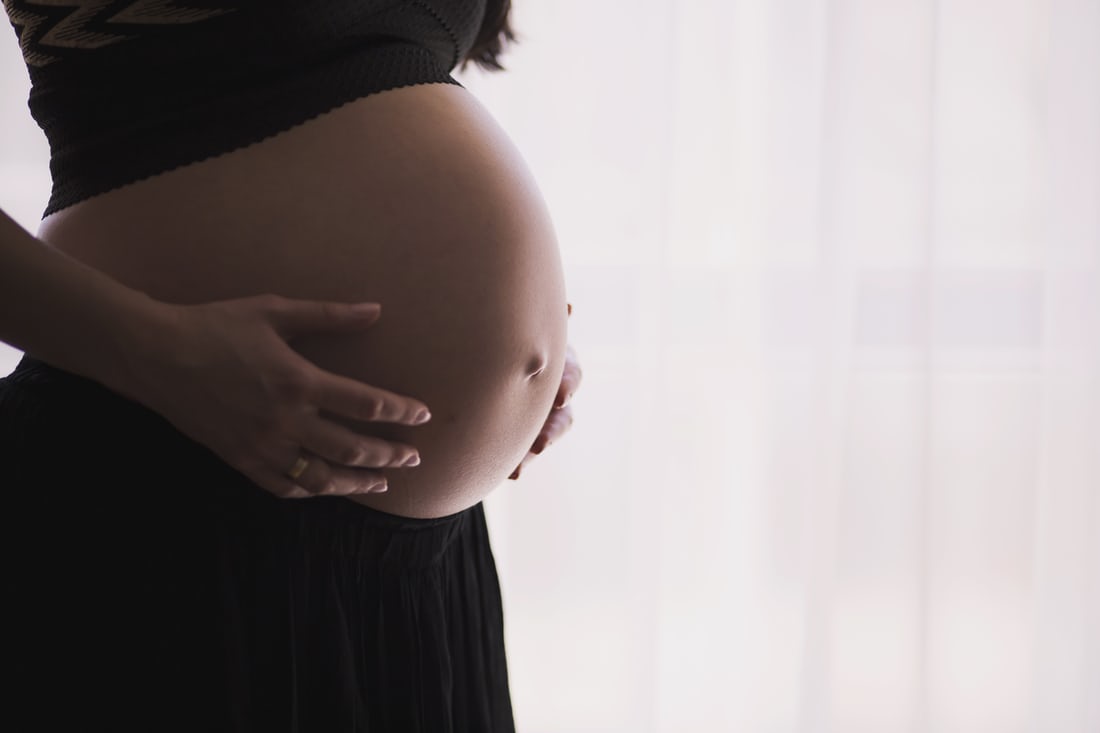PPD or Postpartum depression is a complex mix of physical, emotional, and behavioral alterations that happen to women after giving birth to a child. It is associated with the social, chemical, and psychological changes that place when a woman gives birth to a child. It is a major form of depression that occurs within 4 weeks of delivery, according to a manual used to diagnose mental disorders named DSM-5. The chemical changes that take place are with regard to the levels of hormones. The estrogen and progesterone hormone levels that are extremely high during pregnancy fall back to their original stay within 3 days of delivery. Insomnia, fatigue, lower libido, mood swings, anger issues, etc, are some common symptoms of postpartum depression. Listed below are a few causes that might contribute to this type of depression.
- Lack Of Sleep
This is a very valid cause as far as postpartum depression is concerned. Motherhood comes with a lot of responsibilities and this is the reason why mothers go through a lot of stress. The stress leads to insomnia. The lack of sleep and overwhelming emotions that come along with pregnancy are often responsible for a subsequent depression.
- Body-Image Issues
Post pregnancy, your body would take some time to get back to how it originally was. Thus, more often than not, women feel less attractive and become conscious about their bodies after the birth of their child. Body-related insecurities might also lead to postpartum depression.
- Hormone Levels
The sudden drop in progesterone and estrogen levels after delivery plays a major role in causing depression. There might be a dramatic drop in the levels of other hormones as well that are produced by the thyroid gland. This results in sluggishness, fatigue, and depression.
What Is Postpartum Psychosis?
This is a very complex mental illness that can be found in new mothers. This can happen within the first 3 months post pregnancy and has severe symptoms. Women suffering from postpartum psychosis may experience visual and auditory hallucinations and delusions. They often see things that aren’t real and showcase strange behavior. Immense restlessness and insomnia are other common symptoms. Such patients are often hospitalized because they are capable of hurting themselves and those around them.
How To Prevent Postpartum Depression?
The best way to prevent any kind of depression post pregnancy is to have realistic expectations for yourself and your baby throughout the duration of pregnancy. You should stay fit, and take good care of your health during the pregnancy months. Physical health is important but mental health plays a very vital role when it comes to childbirth. Do things that make you happy and feel good about yourself. The key is to give oneself the adequate time one needs to adapt to changes.

